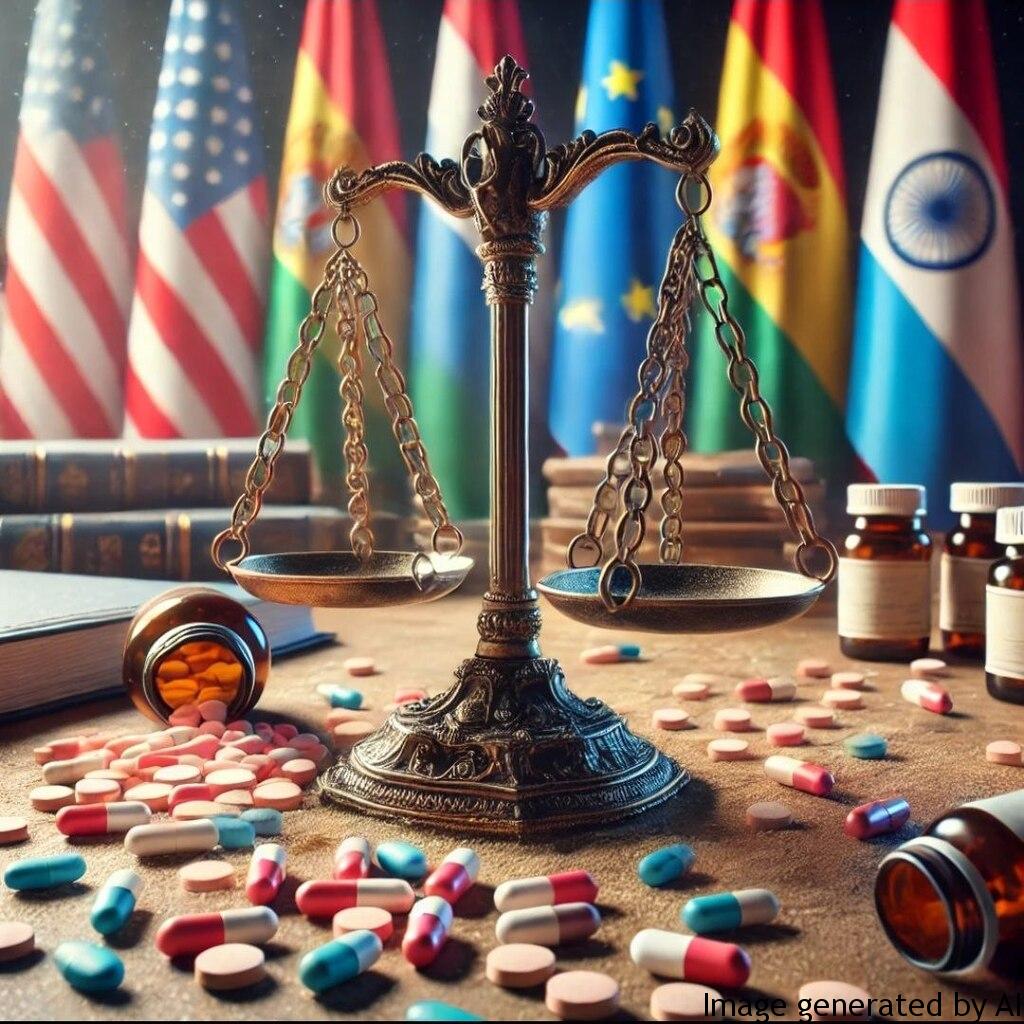Introduction
Drug regulation, essentially, is a crucial element of the pharmaceutical industry that ensures the safety, efficacy, and quality of drugs. It involves a complex web of laws, guidelines, and regulations carefully structured to oversee the approval, manufacture, and distribution of drugs. This article aims to highlight the legal aspects of drug regulation and their impact on the healthcare system.
The Definition of the Law and Its Role in Drug Regulation
Law in drug regulation refers to the statutes, rules, standards, and guidelines set by the government and relevant authorities to control the manufacturing and distribution of drugs. It serves as a framework that guides how drugs are tested, approved, produced, and marketed to ensure public health safety.
Laws Governing Drug Approval
These laws dictate the process involved in the approval of new drugs. They ensure that a drug undergoes rigorous clinical trials for efficacy and safety before receiving approval for public use. The US Food and Drug Administration (FDA) is one of the key regulatory bodies in this respect.
Manufacturing and Distribution Laws
Once a drug is approved, laws governing its production and distribution come into play to ensure quality control and protect consumers from counterfeit drugs.
Responsibilities of Various Regulatory Bodies
Various regulatory bodies are in charge of ensuring that the laws and guidelines of drug regulation are complied with. The World Health Organization, the FDA, the European Medicines Agency, and the Pharmaceutical Inspection Co-operation Scheme are some of the main organizations ensuring that drugs meet the set standards for efficacy, safety, and quality. They also monitor for adverse drug reactions, ensuring control measures are in place whenever needed.
Legal Actions in Case of Non-compliance
In the event that drug manufacturers do not comply with the laid down regulations, legal action may be taken. Ignorance of any aspect of pharmaceutical law can lead to severe consequences such as legal lawsuits, penalties, or even the suspension of production. Legal actions are significant deterrents for non-compliance, thereby acting as a check and balance in the drug regulation process.
Conclusion
Legal aspects of drug regulation play an essential role in ensuring the efficacy, safety, and quality of drugs in circulation. They protect public health by overseeing the entire journey of a drug, from approval, manufacturing, distribution, to post-market monitoring. Non-compliance with these laws can have severe consequences; therefore, pharmaceutical companies are mandated to adhere strictly to regulatory guidelines.

